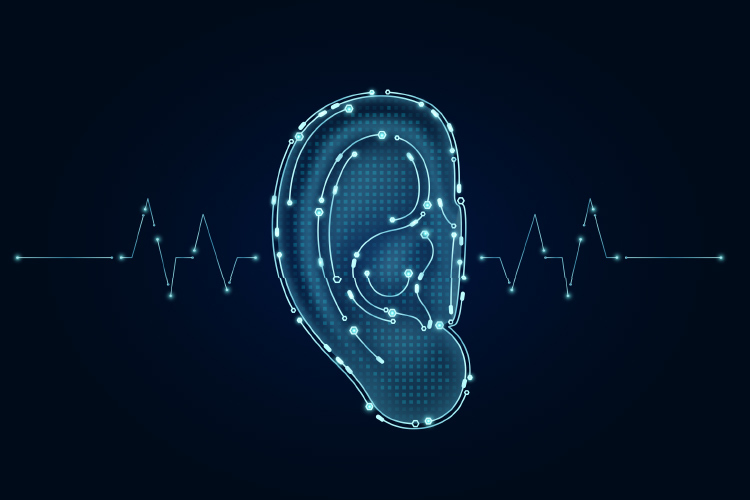By Marion Brunck, Experimental Medicine and Advanced Therapies researcher at the Institute for Obesity Research, expert in the immunobiology of human breastmilk
I fondly remember coming home exhausted and hungry after school during my childhood days. My mother would always whip up a delicious and nutritious snack, filling my stomach and heart.
This act of love and care reflects the maternal instinct that begins at birth, manifesting itself most purely through breastmilk. As we celebrate World Breastfeeding Week, I want to share some fascinating biological realities about this food. Although it has been around as long as humanity, it is only recently that we have begun to uncover its secrets, thanks to methodological advances in science.
Breastmilk is the ideal source of food and hydration for newborns. It contains the perfect combination of macronutrients, micronutrients, vitamins, and lipids that optimally support infant development. The World Health Organization (WHO) recommends exclusive breastfeeding for the first six months of life and as a complement until age two.
Unlike infant formula, breastmilk is personalized: a mother of a premature newborn produces milk with a higher energy content to meet their specific needs. Also, if the infant is sick, breastmilk contains more immune cells and antibodies and overall reduces the risk of common illnesses during early infancy, such as ear infections, respiratory infections, and diarrhea. But the benefits of breastfeeding extend beyond early childhood.
It has also been associated with a reduced long-term risk of type 1 diabetes and obesity, as well as certain types of cancer for the breastfeeding mother. Furthermore, it is known that breastfeeding strengthens the emotional bond between mother and child, fostering a sense of security and closeness that could contribute to better brain development.
Breastfeeding is an eco-friendly option in the global climate crisis: it generates no waste and requires no transportation or production costs. The most vulnerable populations particularly benefit as, unlike infant formula, it is free and does not need preparation with potentially contaminated water.
However, although it’s free, breastfeeding can be costly. It is physically demanding and it means that only the mother can care for the baby in this aspect, requiring time and institutional support if she works. Therefore, it is crucial to have adequate maternity leave and private spaces to pump milk once back at work if necessary. Additionally, partner support is vital, as the lack of sleep can be mentally exhausting.
The government and institutions must provide more human and material resources to support breastfeeding mothers. In the medium and long term, this will promote a healthier nation and reduce healthcare costs at all stages of life.
I believe that Society is not yet fully aware of the virtuous circle of health that breastfeeding represents. Therefore, it is essential to raise awareness of its benefits and recognize them, just as we remember the care of our mothers.

















